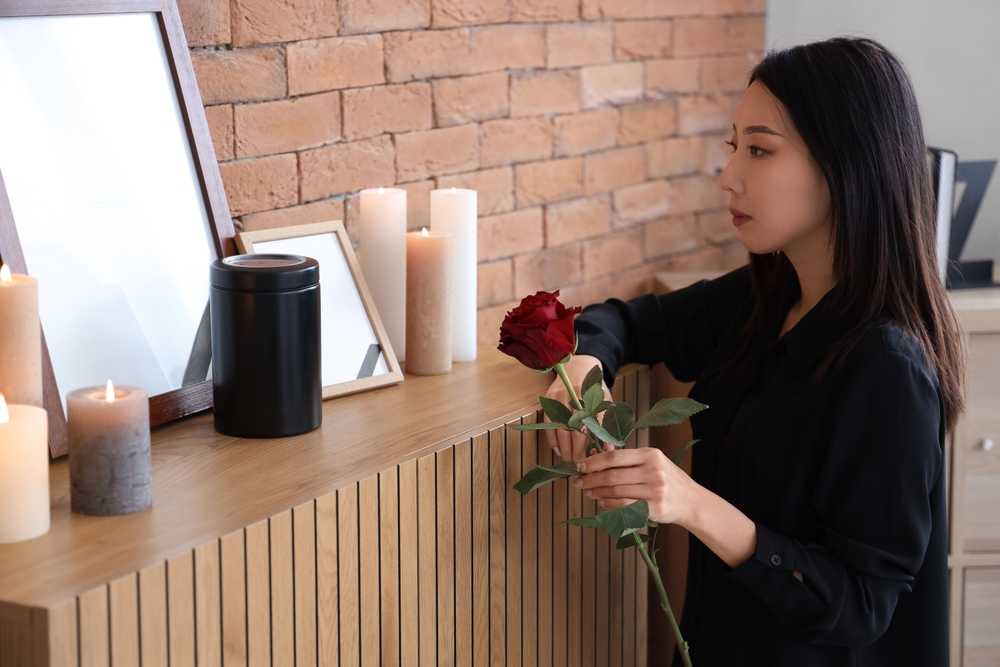Understanding the Cremation Process, Costs and Key Considerations
Cremation has become an increasingly popular choice for final arrangements due to its affordability, environmental considerations, and cultural significance. Understanding the cremation process and associated costs can help individuals make informed decisions that align with their values and preferences.

The Cremation Process: Step by Step
Preparation and DocumentationBefore cremation, legal documentation must be completed, including obtaining a death certificate and any necessary permits. The body is then prepared by removing medical devices such as pacemakers to ensure a safe process.
Placement in the Cremation ChamberThe body is placed in a combustible container or casket and transferred to a cremation chamber. The chamber operates at high temperatures, typically between 1,400 to 2,000 degrees Fahrenheit.
Incineration ProcessOver a period of two to three hours, the body is reduced to bone fragments and gases through exposure to intense heat.
Processing the RemainsOnce cooled, any remaining metal fragments are removed, and the bone fragments are processed into a fine, ash-like consistency.
Return of AshesThe cremated remains are placed in an urn or another designated container and returned to the family for memorialization or scattering according to their wishes.
Cost Considerations for Cremation
Cremation costs vary based on several factors, including geographic location, service options, and additional memorial choices. Below are some key cost considerations:
Direct Cremation: This is the most affordable option, typically ranging from $500 to $2,500, depending on the provider. It includes the cremation process without a formal service.
Traditional Cremation with Memorial Service: This option includes a ceremony, often with a viewing beforehand, and can range from $2,000 to $5,000.
Additional Expenses: Costs may also include urn selection, cremation permits, death certificates, and transportation of remains.
Environmental and Cultural Considerations
Many individuals choose cremation due to its lower environmental impact compared to traditional burials. Modern crematories implement eco-friendly practices, such as reducing emissions and offering biodegradable urns. Additionally, cultural and religious beliefs play a role in cremation decisions, with many traditions incorporating specific rituals before or after the process.
Final Thoughts
Understanding the cremation process and its costs helps individuals make informed end-of-life decisions. Whether chosen for financial, environmental, or personal reasons, cremation provides a meaningful way to honor a loved one while allowing flexibility in memorialization.
If considering cremation, it's advisable to research local providers, compare pricing, and discuss preferences with family members to ensure a respectful and personalized farewell.